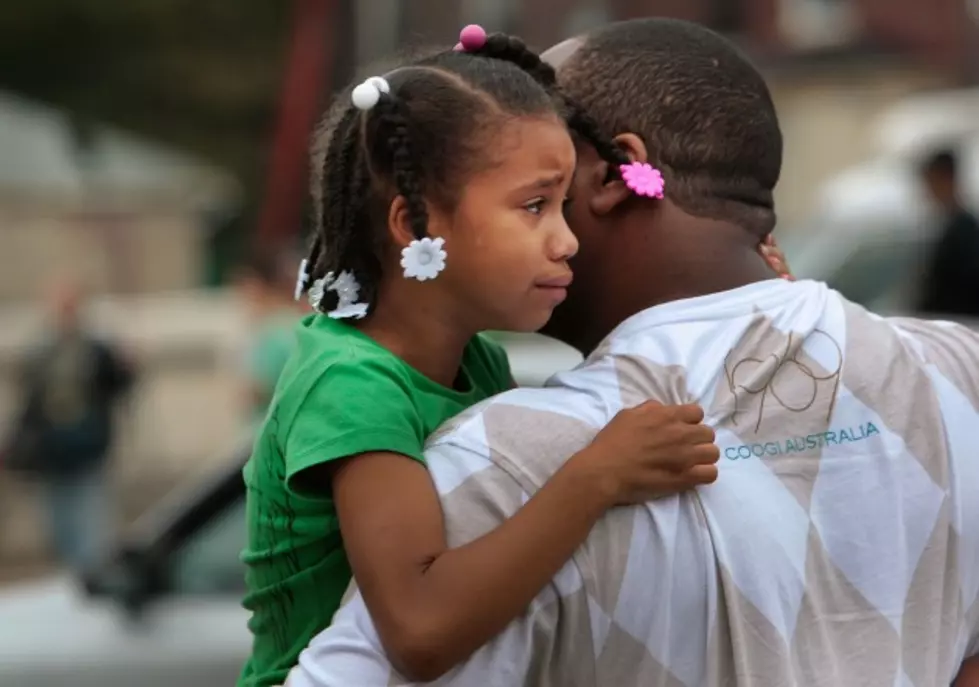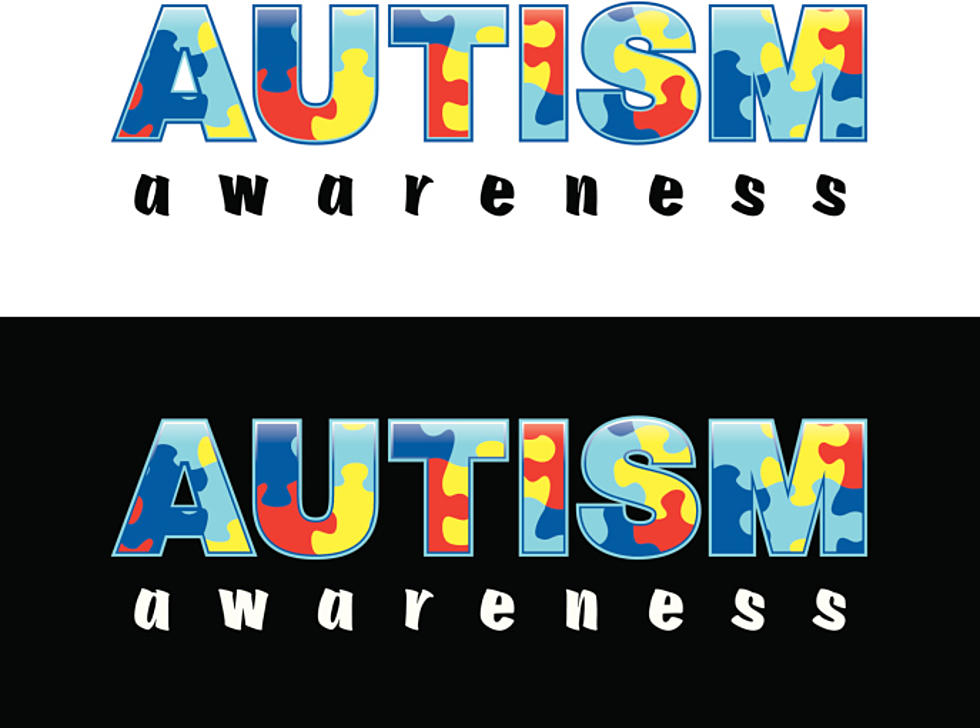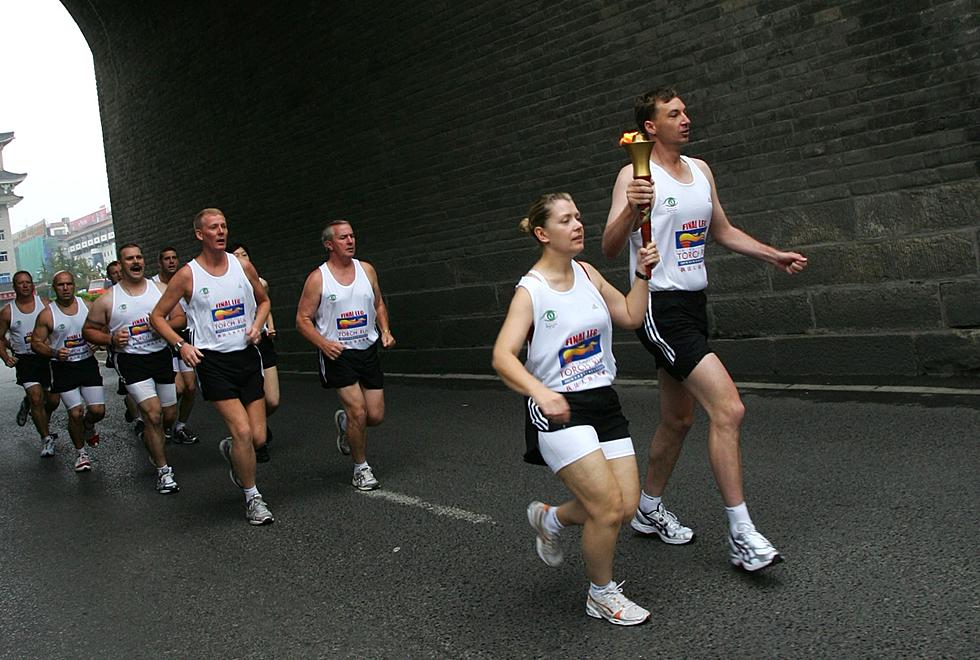
Kids Need Extra Loving After a Major Storm
For many adults Monday night’s storm was frightening as the clouds built up and the winds blew through the area at nearly 80 miles an hour. With lights going out and tree limbs striking cars and houses many areas looked like a war zone. That’s an adult viewpoint. Imagine being a child going through that storm for perhaps the very first time in their life. How frightening that must have been.
With that in mind, Transitions of Western Illinois has provided some information to help your child or grandchild to cope with a disaster or crisis such as the one we all experienced Monday.
• A child's reaction to disaster may be different than his or her peer's. Children who were anxious before a frightening event may have more difficulties coping than a child who is not anxious.
• Encourage your child to talk about the disaster - what they saw and experienced. Talking with a supportive, accepting adult can help him/her share his/her worries and concerns.
• Provide factual information (appropriate for the child's age) in regard to things like relocation, damage in the community, etc. Also, provide reassurance that disasters are rare and unusual events.
• Provide information about what to do when storms, tornados, or other disasters threaten. This will help your child feel prepared should another potential disaster threaten.
• Children thrive on routines - as soon as possible, return your child to school or engage him/her in his or her daily routines.
• Remember ... your response to disaster will be observed by your child. Your child will look to you and model your coping style. If you are distressed and highly emotional, he or she is apt to respond similarly.
Maintain calm ... provide your child with reassurance that things will return to normal ... remind your child of his/her strengths and abilities ... and engage him or her in familiar routines as soon as possible.
More From 100.9 The Eagle, The Tri-States' Classic Rock Station









